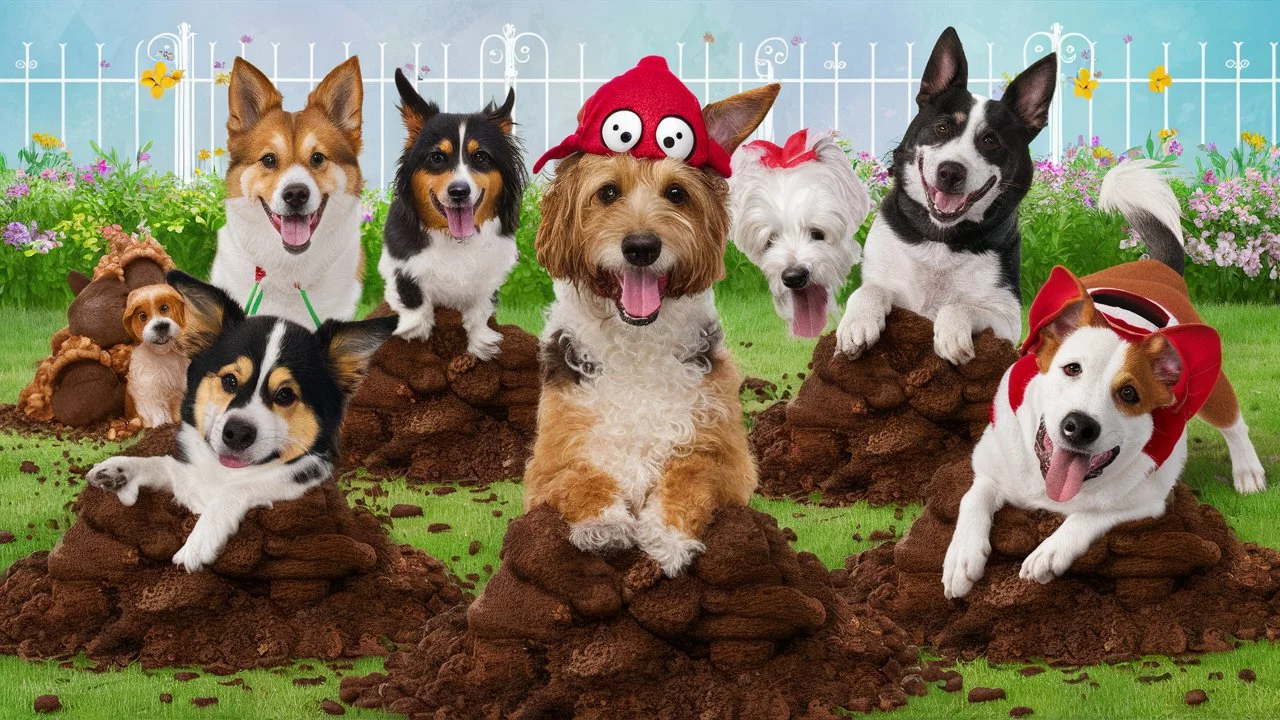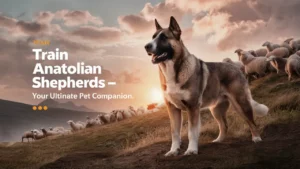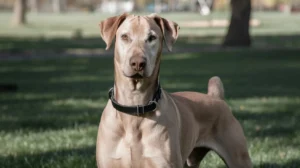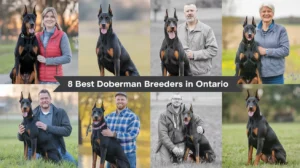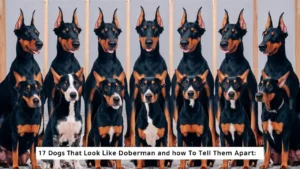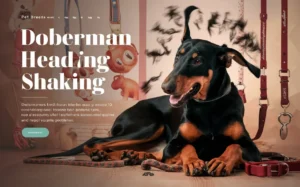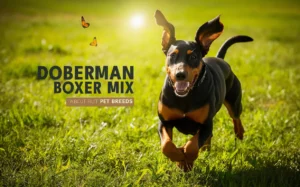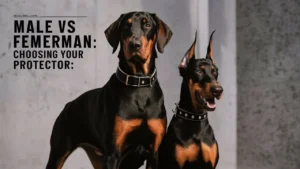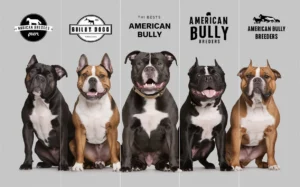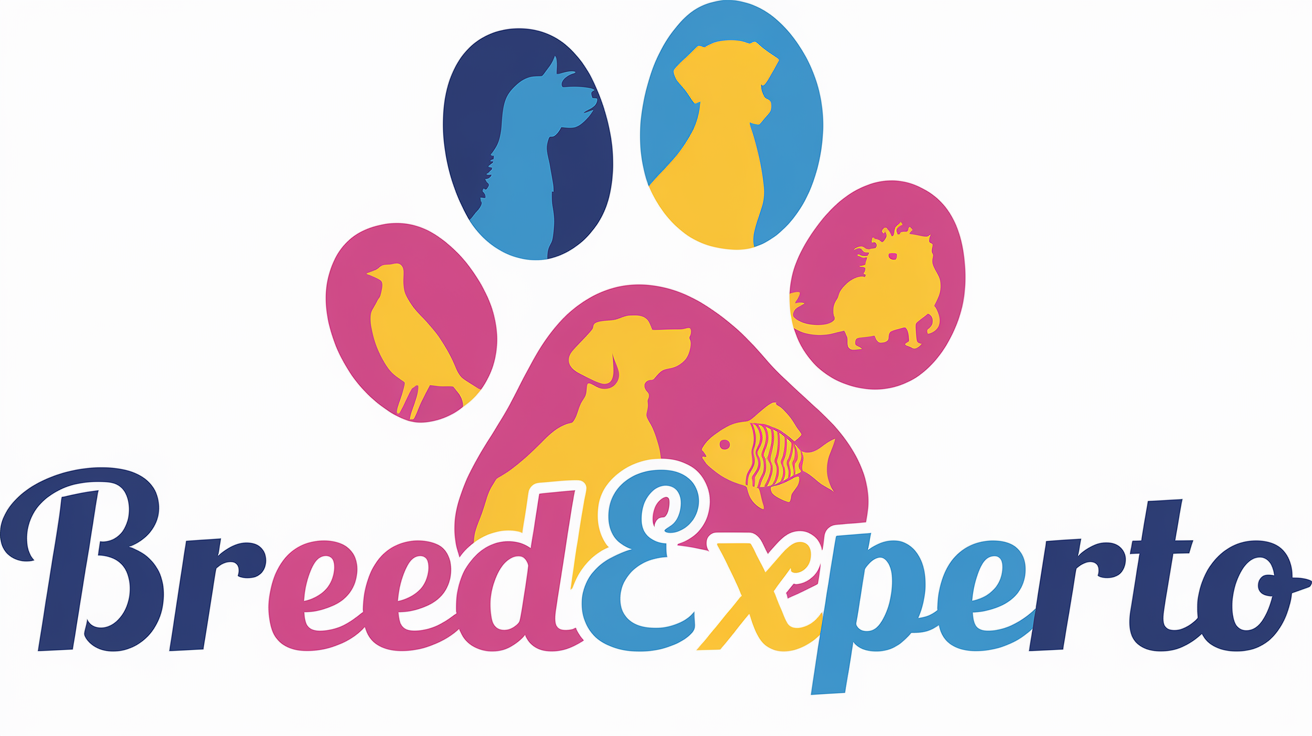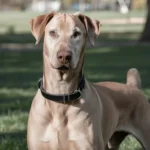Dogs are curious creatures with a range of behaviors that can sometimes baffle their owners. One of the most perplexing behaviors is when dogs roll in poop or dead things.
This article delves into the reasons behind this behavior and offers practical solutions to prevent it.
Understanding why your furry friend indulges in this activity can help you manage it effectively.
Reasons Dogs Roll in Poop
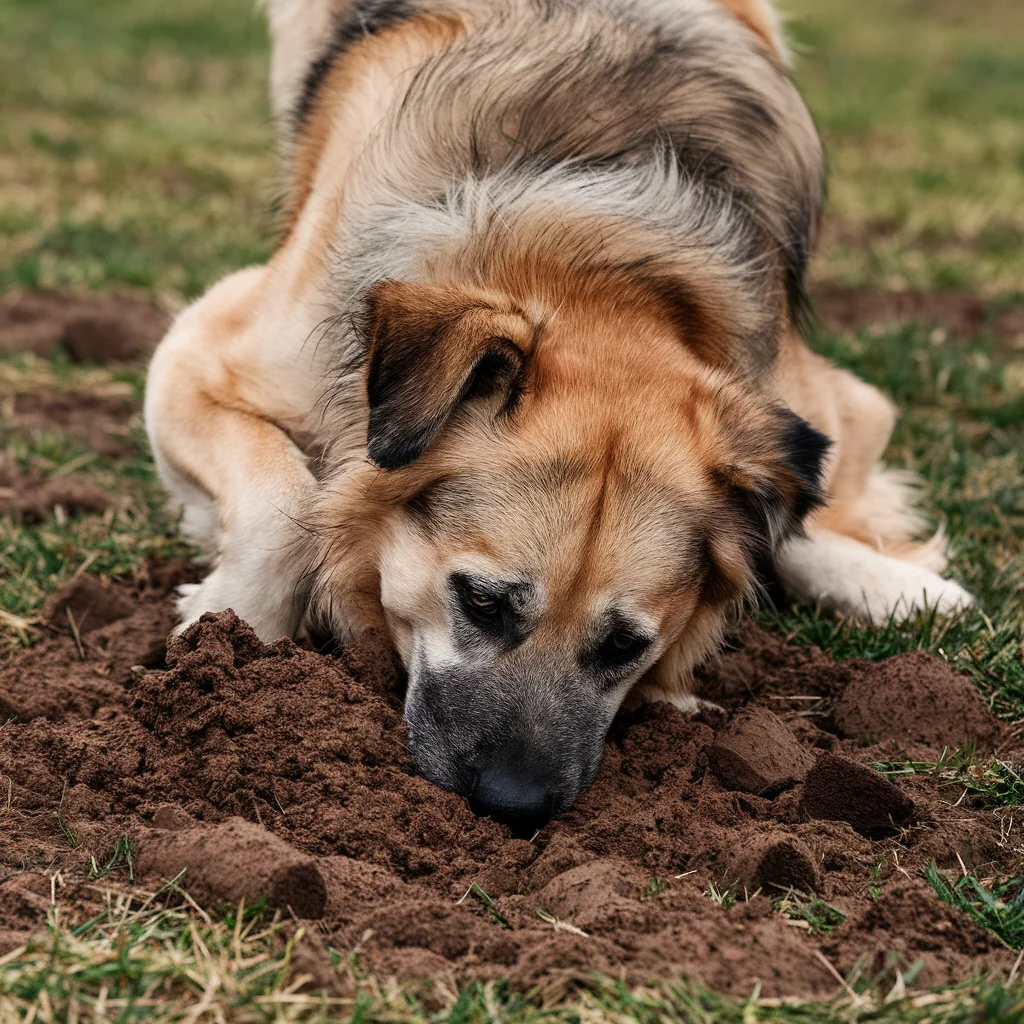
Camouflage Instinct
Dogs have inherited a variety of instincts from their wild ancestors. One such instinct is the desire to camouflage their scent. In the wild, rolling in the feces of other animals helps canines mask their own scent, making it easier for them to hunt prey without being detected.
This instinct is deeply ingrained, and while domestic dogs may not need to hunt for survival, the behavior can still surface.
Territorial Marking
Dogs are inherently territorial animals. By rolling in poop, they may be attempting to mark their territory with the scents of other animals. This behavior sends a message to other dogs about the area they claim as their own.
The act of rolling in poop helps them overlay their scent with that of the previous occupant, reinforcing their presence in the area.
Social Behavior
Dogs are social animals that thrive in packs. Rolling in poop may also serve as a form of social signaling. In a dog’s world, scent is a vital form of communication.
When one dog rolls in something smelly, it may be a way of sharing information with other dogs or even inviting them to investigate. This behavior can be particularly evident in dog parks or areas with multiple dogs.
Seeking Attention or Reaction
Some dogs quickly learn that rolling in poop elicits a strong reaction from their owners. If your dog discovers that you become visibly upset or concerned when they roll in poop, they may engage in this behavior to gain your attention.
It’s essential to recognize that dogs thrive on interaction and may not differentiate between positive and negative reactions.
Investigation and Curiosity
Curiosity is a natural trait in dogs. They often explore the world through their sense of smell, and this can lead them to investigate poop and other foul-smelling substances.
This behavior is part of their instinctual need to explore their environment. By rolling in poop, they are simply engaging their curiosity and learning about their surroundings.
Hunting Strategy
Rolling in poop can also be tied to a dog’s hunting instincts. In the wild, animals often use scent to conceal themselves from predators. By covering themselves in the smell of feces, a dog may feel they are blending into their environment, reducing the likelihood of being detected.
This behavior is especially common in hunting breeds, which have a strong instinct to pursue and track scents.
They Find It Fun
Ultimately, many dogs roll in poop because they find it enjoyable. Dogs often engage in behaviors that bring them pleasure, and for some, rolling in poop may be an exhilarating experience.
The texture, smell, and freedom associated with rolling around can create a sense of joy and excitement, making it a fun pastime for your pup.
How to Stop Dogs from Rolling in Poop
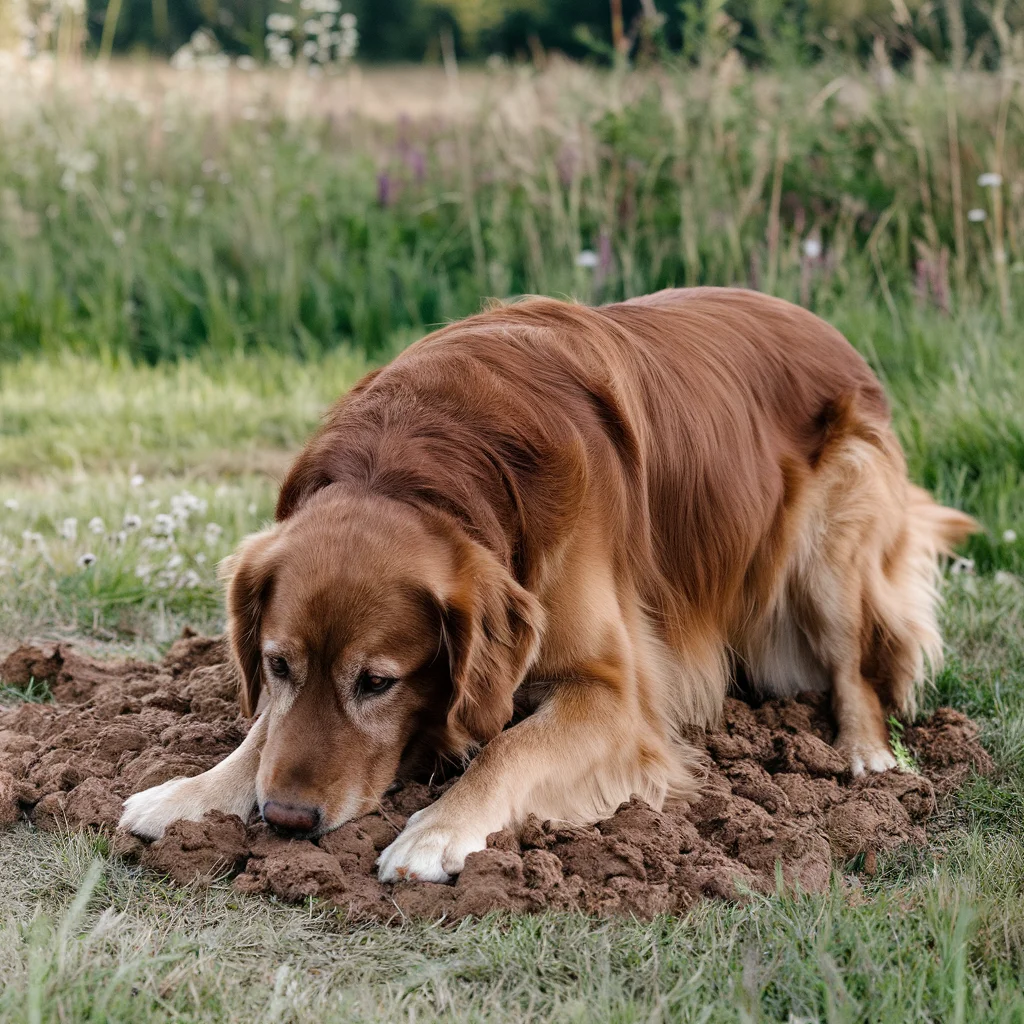
While it’s essential to understand why dogs roll in poop, many pet owners want to find ways to stop this behavior. Here are three effective strategies to manage and prevent poop rolling.
Positive Reinforcement Training
One of the most effective methods to stop your dog from rolling in poop is through positive reinforcement training.
This approach encourages desirable behaviors by rewarding your dog when they follow commands or display appropriate behavior. Here are some steps to implement this training:
- Identify Commands: Teach your dog commands like “leave it” or “no.” Use these commands when you see them approach poop or dead animals.
- Reward Good Behavior: When your dog obeys your command, immediately reward them with treats, praise, or playtime. This helps them associate the command with positive outcomes.
- Practice Consistently: Reinforce the training consistently during walks or playtime, helping your dog understand the desired behavior.
Avoidance and Management
Preventing access to poop during walks or playtime is crucial in stopping this behavior. Here are some strategies to consider:
- Leash Training: Keep your dog on a leash during walks to maintain control. This allows you to redirect their attention away from poop or other smelly substances.
- Designated Potty Areas: Create a specific area in your yard for your dog to relieve themselves. This helps them associate that spot with bathroom activities, reducing their interest in other areas.
- Monitor Playtime: When visiting parks or areas with other dogs, keep an eye on your pup. Intervene if you notice them heading toward poop or other foul-smelling items.
Use Deterrents
In addition to training and management strategies, using deterrents can effectively discourage your dog from rolling in poop. Here are some options to consider:
- Commercial Deterrents: There are various sprays available that can discourage dogs from rolling in unpleasant substances. Look for products that are safe for dogs and designed for this specific purpose.
- Natural Deterrents: Some pet owners find success using natural methods, such as adding vinegar or citrus scents to areas where dogs typically roll in poop. Dogs often dislike these smells, which can deter them from indulging in the behavior.
- Behavioral Deterrents: If your dog rolls in poop, consider using a firm “no” and immediately redirecting their attention to something else. Consistent responses to the behavior can help them understand that rolling in poop is not acceptable.
How to Clean a Dog That Rolled in Poop
If your dog has indulged in rolling in poop, you’ll need to clean them thoroughly. Here are some steps to effectively clean your dog:
Bathing
Bathing your dog is often the most straightforward solution after they’ve rolled in poop. Follow these steps for an effective wash:
- Gather Supplies: Have dog shampoo, warm water, towels, and a brush ready before starting.
- Rinse Thoroughly: Begin by rinsing your dog’s coat with warm water to remove any loose debris.
- Apply Shampoo: Use a dog-specific shampoo to wash your pup. Be sure to lather thoroughly, focusing on areas where poop may have stuck.
- Rinse Again: Rinse your dog completely to ensure no shampoo residue remains.
- Dry Off: Towel dry your dog to remove excess moisture. You may also use a blow dryer on a low setting, ensuring it’s comfortable for your pup.
Natural Methods
For pet owners seeking alternatives to commercial shampoos, natural methods can be effective. Here are a few natural cleaning solutions:
- Baking Soda: Mix baking soda with water to create a paste. Apply it to the affected areas, let it sit for 15 minutes, and rinse thoroughly.
- Vinegar Solution: Combine equal parts water and white vinegar. Spray this solution on the affected areas and rinse with water. Vinegar helps neutralize odors.
- Cornstarch: If your dog has rolled in poop, sprinkle cornstarch on their fur and let it sit for a few minutes to absorb odors before brushing it out.
Professional Groomer
In some cases, it may be beneficial to seek help from a professional groomer. Here are situations when you might consider this option:
- Severe Mess: If your dog has rolled in something particularly messy or difficult to clean, a groomer can handle the situation effectively.
- Sensitive Skin: Dogs with sensitive skin may benefit from professional grooming services that use appropriate products and techniques.
- Regular Maintenance: Regular grooming appointments can help keep your dog clean and minimize the chance of encountering messes.
Conclusion
Understanding why dogs roll in poop can help pet owners manage this behavior more effectively. By recognizing the reasons behind this instinctual act—whether it’s camouflage, territorial marking, or sheer enjoyment—owners can implement strategies to prevent it.
Using positive reinforcement, implementing avoidance strategies, and employing deterrents are all effective methods to curb this behavior. Additionally, knowing how to clean your dog properly after an incident is crucial for maintaining their hygiene and well-being.
As a dog owner, it’s essential to remain patient and consistent while addressing this behavior. With time and practice, you can successfully reduce the instances of your dog rolling in poop, leading to a happier and cleaner relationship with your furry friend.
